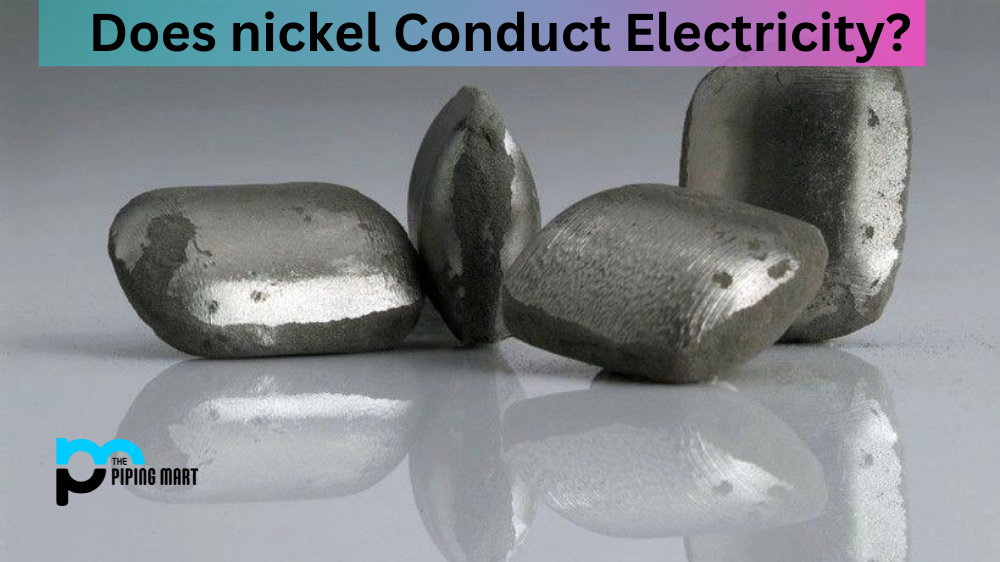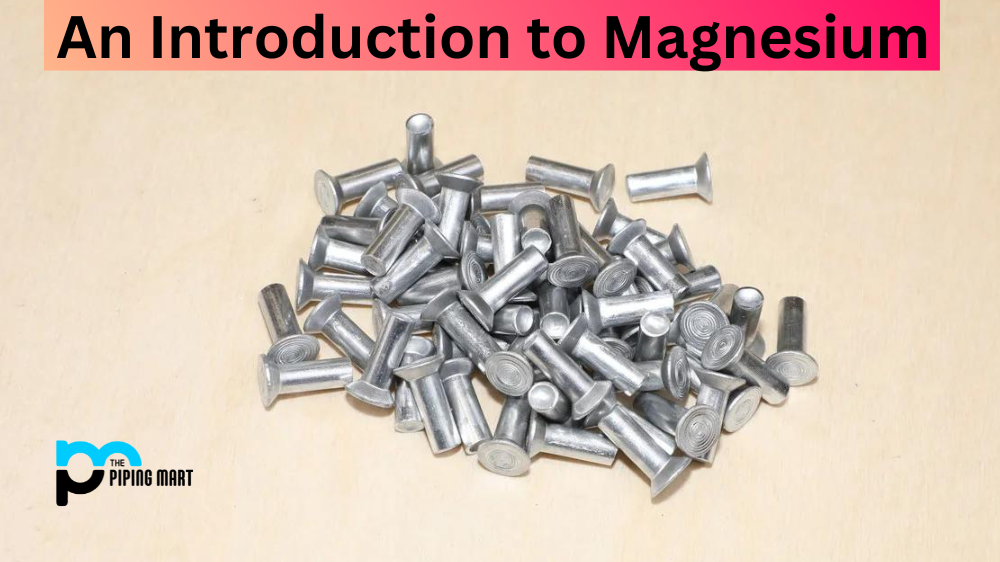Nickel is one of the most common elements found on Earth, and it’s used in a variety of ways. As an alloy, nickel is often mixed with other materials to create durable and corrosion-resistant products. But does nickel conduct electricity? Let’s explore this question and find out more about the electrical conductivity of nickel.
What Is Electrical Conductivity?
Before we can answer the question of whether or not nickel conducts electricity, it’s important to understand what electrical conductivity actually is. Simply put, electrical conductivity is the ability of a material to transfer energy through electric current. This means that if a material has high electrical conductivity, it will be able to easily transfer energy from one location to another by way of electric current.
The electrical conductivity of a given material is measured in siemens per meter (S/m). The higher a material’s S/m rating, the better its ability to transfer energy through electric current. Different materials have different S/m ratings, which means that some materials are better at conducting electricity than others.
Does Nickel Conduct Electricity?
Now that you understand what electrical conductivity is let’s get back to our original question: Does nickel conduct electricity? The answer is yes—nickel does indeed have good electrical conductivity. In fact, pure nickel has an S/m rating of 6 x 10^7 S/m at room temperature, which makes it ideal for use in applications where good electrical conduction is needed.
Nickel alloys also have good electrical conduction properties, though their specific S/m ratings depend on the other metals they are combined with as well as their composition ratios. For example, Monel 400 has an S/m rating of around 6 x 10^6 S/m, while Inconel 600 has an S/m rating of around 4 x 10^6 S/m at room temperature.
It’s important to note that these values can change based on environmental factors such as temperature or pressure, so it’s always best to consult with your supplier or manufacturer for exact specifications for your application needs.
Conclusion:
As you can see, nickel and its alloys have excellent electrical conduction properties that make them ideal for use in applications where reliable electricity transmission is needed. While pure nickel has a higher electrical conduction rating than most alloys, there are still plenty of options available depending on your specific needs and requirements. If you need help selecting the right alloy for your next project or application, feel free to reach out; we would be happy to help!

Abhishek is a seasoned blogger and industry expert, sharing his insights and knowledge on various topics. With his research, Abhishek offers valuable insights and tips for professionals and enthusiasts. Follow him for expert advice on the latest trends and developments in the metal industry.




